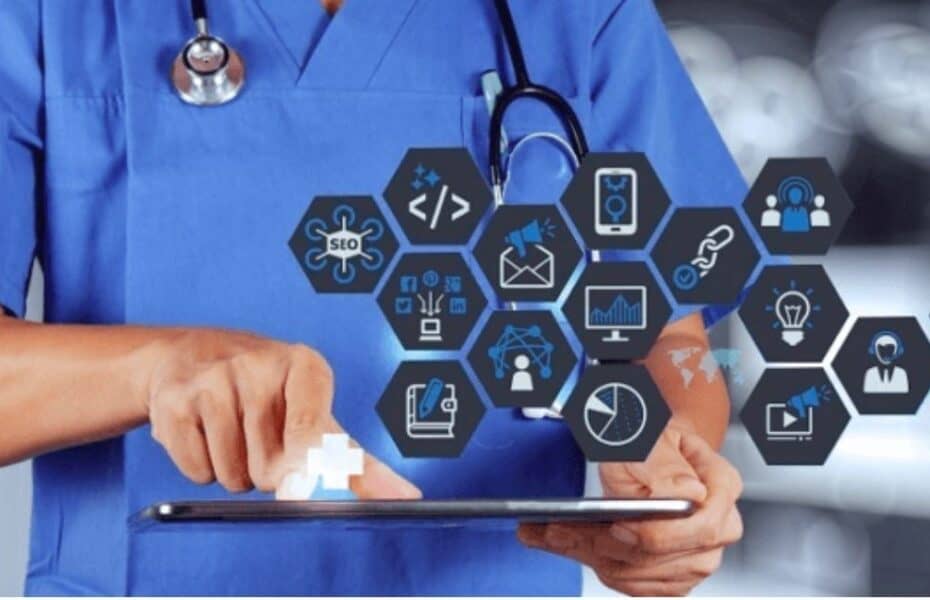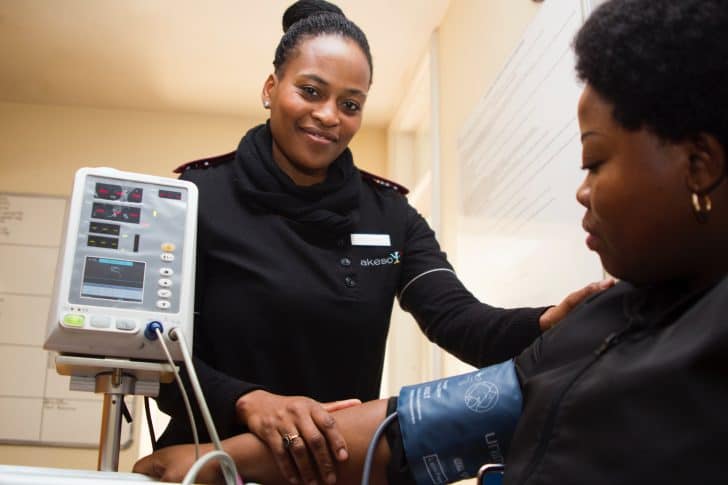How can Digital Innovation Contribute to Health Communication?
Communication is central to health care delivery. It affects the ways in which health care providers and the public use and understand health information. Providers rely on a wide array of information sources to support their decisions in delivering care. This includes clinical notes, medical imaging, laboratory tests and social determinants.
Such an array of data sources requires great co-ordination in order for health care teams to effectively manage their patients. Care-givers have to contend with issues of prescription accuracy, drug reactions, how to interpret clinical notes and billing of medical procedures.
Effective patient management is at the heart of the care team’s communication strategies whose key object is to improve public health outcomes.
Health Information Accuracy and Accessibility
Health care quality therefore draws heavily from the accuracy and accessibility of health information. Without accurate information, there is no means of improving health outcomes.
Digital health solutions have provided several channels of information access both for the public and health care teams.
A significant portion of the public can now benefit from the ubiquity of mobile devices. These have removed barriers to information access. Consumer devices have also contributed to greater connectivity. The public is now better informed as they actively seek information on the web.
Enterprise Health Information Technology and Health Software
On an enterprise scale, Health Information Technology holds the promise of increasing health care efficiency. It achieves this by providing solutions that facilitate decision making. For instance, in sharing clinical notes between providers, hospital software reduce the chances of errors in patient prescriptions. The long term impact in this case is reduced rates of hospitalization and better health care delivery.
Hospital management systems improve operational efficiencies through effective communication processes. When network connectivity and software solutions are combined, we get quicker paths for accurate information sharing. The health provider can therefore draw from the knowledge and experience of the whole care team while engaging with the patient.
Challenges of Health Communication and the Rewards of Health Management Software
To address the challenges faced in the clinical practice, hospital management systems are created as unified solutions. These integrate different processes essential to the success of health care teams. Here are some of the major challenges faced by care teams:
- Medical Billing
Hospital billing systems reduce errors in billing of patient procedures. This eliminates the possibility of rejected claims when submitting bills for reimbursements.
Billing is directly connected to revenue. Therefore by implementing digital health solutions to address billing problems, the health care team seals out revenue leaks that result from omissions and wrongful billing.
- Inventory Management
Hospital information systems provide an easy way of managing your pharmacy and medical drug stores. Since such software solutions integrate the inventory with the clinical workflow, it is possible to track drug stock movement.
More importantly, integrating your pharmacy inventory with the clinical workflow increases the chances of prescription accuracy.
- Patient engagement
The patient’s journey throughout the different points of care in the clinical workflow produces a lot of data. This is essential to rendering evidence-based care.
However, the patient journey has the effect of producing stacks of paper between providers when managing a single patient encounter.
Hospital information systems provide a smooth way of sharing this information. This contributes to swift and precise treatment of the patient’s condition.
Health IT holds great potential in transforming the relationship between providers and their patients. Meaningful use of Health IT will lead to higher usage rates of preventive services and better reported health status.
Health care teams stand to benefit further through accurate medical billing, better resource management and higher patient engagement.







